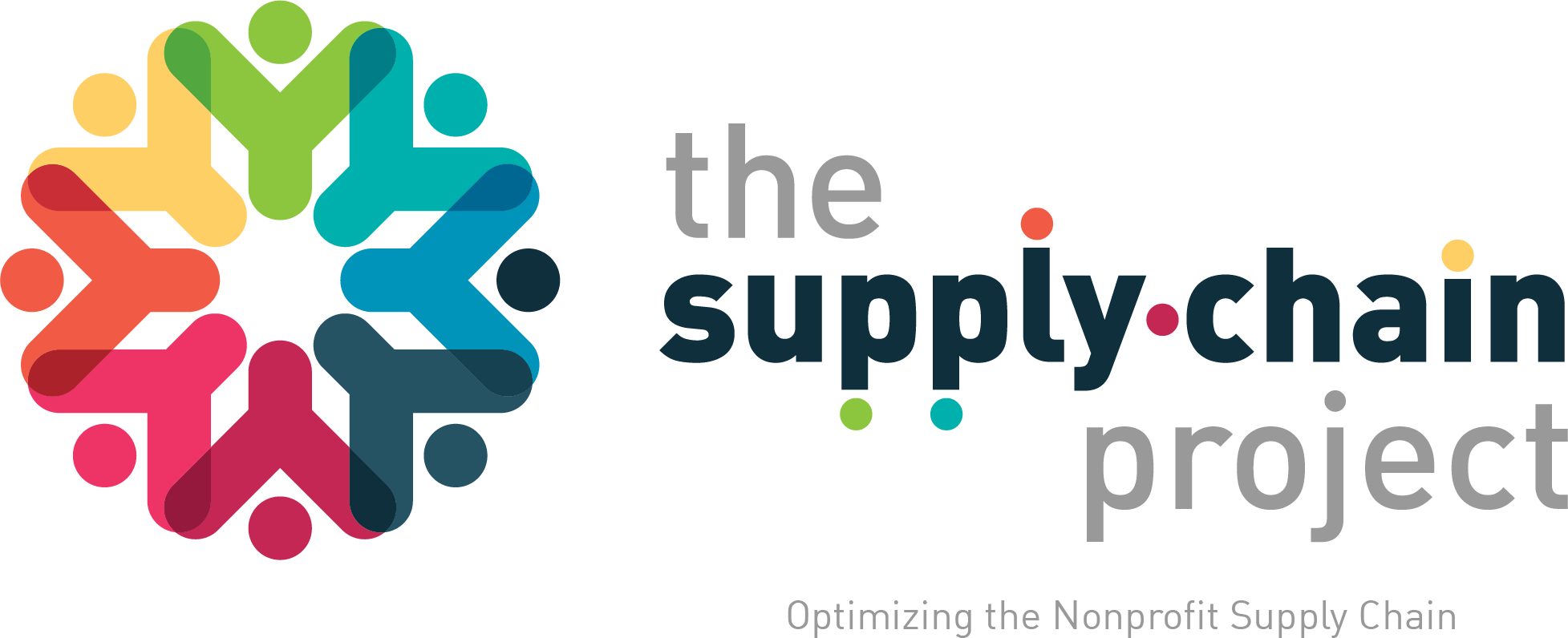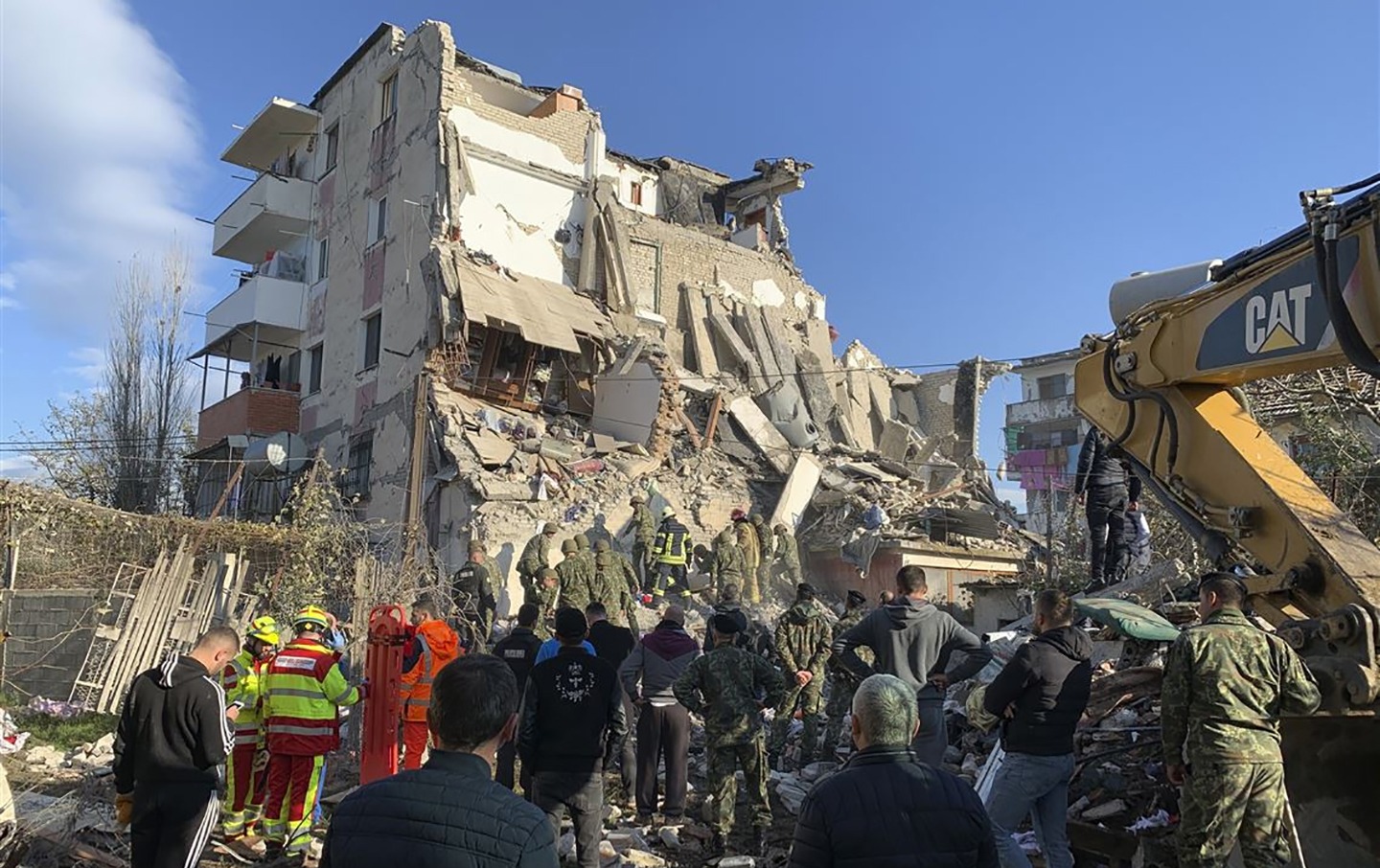
Non-Profit Supply Chains - Why do they need Capability? And Why Now?
“When you consider the countless global, regional, national, and local crises we face, it's impossible to name a single one where the frontline support isn't led by a nonprofit organization. Nonprofits are the indispensable heroes in every disaster, providing critical aid and relief when it matters most.”
Nonprofit organizations are often on the front lines providing vital relief and support, from food banks to disaster response teams, playing a crucial role in serving the most vulnerable populations. However, their ability to effectively carry out their missions hinges on the strength and resilience of their supply chains.
In today's rapidly changing world, where emergencies seem to be occurring with increasing frequency and severity, the need for capable nonprofit supply chains has never been more pressing. Nonprofits must be equipped to swiftly mobilize resources, navigate logistical challenges, and ensure that aid reaches those in need effectively and efficiently. The consequences of inefficient nonprofit supply chains extend far beyond the immediate crisis, look for some examples:
- Delays in delivering aid can exacerbate the suffering of vulnerable populations, leading to increased mortality rates, disease outbreaks, and long-term socioeconomic impacts.
- Inefficiencies in supply chain management can result in the wastage of valuable resources, hindering the overall effectiveness of relief efforts and undermining the trust of donors and stakeholders.
Improving nonprofits' supply chain capabilities is not solely the nonprofit's responsibility!
There is a need for a collective effort that requires the support and collaboration of corporations, specialized professionals, providers, and individuals/volunteers who can invest in supply chain infrastructure, technology, and capacity building to empower nonprofits to respond more effectively to emergencies and better serve the communities that rely on them.
When you look today at humanitarian needs in numbers, there are nearly 300 million people across 72 countries requiring assistance and protection, according to the latest UN figures. Source
These are uncountable representations of stories, individuals, families, and future generations, therefore the critical need to mobilize resources, enhance coordination, and strengthen the capabilities of humanitarian organizations to respond effectively to the multitude of crises unfolding every day.
Now it's the time to build this capability by offering your expertise and resources to the nonprofits at The Supply Chain Project a platform connecting nonprofits with corporations, donors, logistics providers, technology providers, and other partners to collaborate and optimize nonprofits' supply chains.


